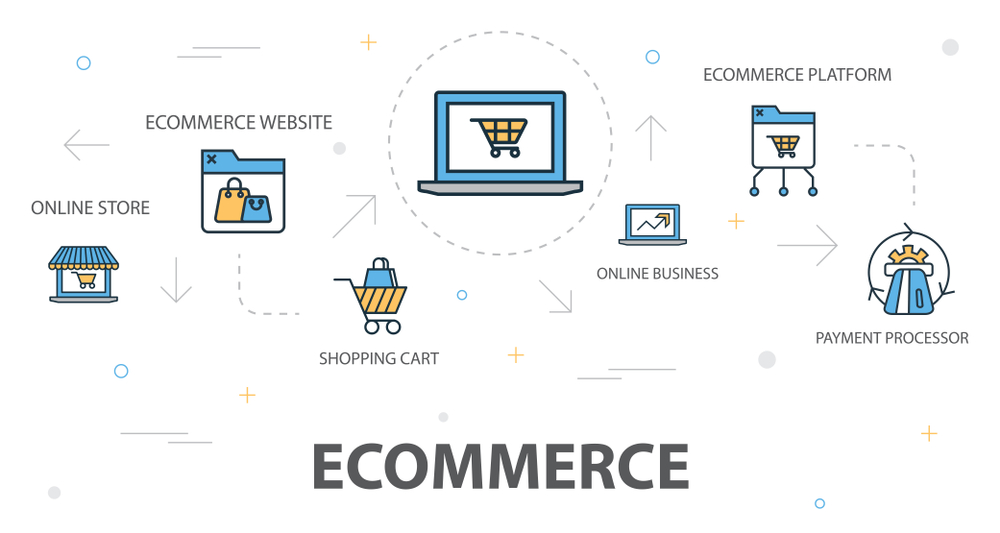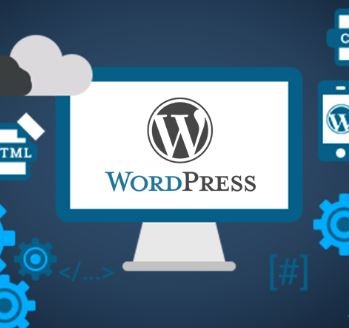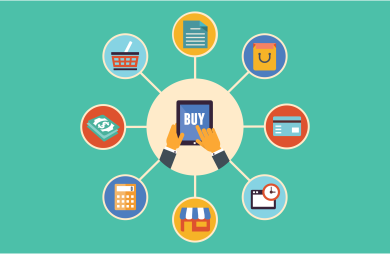Build Your Unique eCommerce Platform in Egypt
30, December 2019
Build Your Unique eCommerce Platform in Egypt
In today’s competitive and convenience focused society, an e-commerce store is becoming a necessity for consumers no longer want to venture to the high street in order to buy items, instead, they want to shop from their own homes, making e-commerce a flexible solution for both businesses and buyers.
From startups to huge brands, a large number of businesses gain benefits from their own e-commerce website, where they can sell their own products/services.

The Egyptian e-commerce market is booming and set to be the largest in Africa thanks to a large population and rapidly increasing internet penetration rates.
According to the payments agency Payfort’s 2017 report, titled “State of Payments in the Arab World” and issued in October, Egypt witnessed a 22% annual growth in the total amount of online payments, estimated at $6.2 billion of transactions in 2016. Egypt scored the highest growth of online shopping with a 32 percent increase in the volume of payments.
While Egypt graduates a high number of skilled university students and talent each year, more skills training and
the e-commerce-specific curriculum in higher education is important to boost skills and e-commerce engagement.
This includes skills training and apprenticeships in key vocational areas and curriculum relevant to e-commerce,
such as online store management, digital marketing, social media marketing, shipping and fulfillment services,
payment and related financial services, and data analytics.
Furthermore, e-commerce skills development is also needed among working professionals across industries
in the private and public sectors, such as the judiciary, the banking system, and the Government. Businesses
are in need of hands-on training and business development support in e-commerce applications, in particular
in new technologies, in order to upgrade their operations, and innovate and enhance productive capacity. The
Chamber of Information Technology and Communications (CIT), the Industrial Modernization Center and the
Eitesal Organization currently can help provide training on e-commerce for enterprises of different sizes and
could play a key role in supporting this.
A 2015 Payfort report estimated that Egypt has approximately 15.2 million e-shoppers, the highest in the region, and places Egypt’s total market size in terms of retail sales as the 3rd largest in the Middle East.
E-commerce business-to-consumer (B2C) activities in Egypt were estimated to have reached US$ 544 million in 2015/16. This forms approximately 0.4 percent of total retail sales, which amounted to about US$ 133 billion, according to an AT Kearney report in 2016.
E-commerce offers potential benefits to enterprises in the form of enhanced participation in international value chains, increased market access and reach, and improved internal and market efficiency, as well as lower transaction costs. For consumers, online shopping helps comparisons of prices and features of a wider range of products. It also allows consumers to shop at times convenient to them and to have products delivered to their homes. The growing digitalization of economies is affecting the way business is conducted, with significant implications for both national and international supply chains.
E-commerce channels have deepened and expanded through the rapid proliferation of mobile phones, including among the rural poor in developing countries, as well as through the growth of e-marketplaces, social media, omnichannel commerce, broadband diffusion, mobile apps and a myriad of other technological innovations and practices. A critical mass of ICT-connected consumers with a growing interest in buying online has emerged in many countries.






























